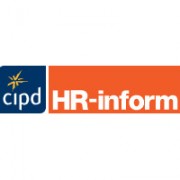Budget
There were a number of measures of importance to employers in the budget, including a small change to the taxation of termination payments, following a government consultation last year. From April 2018, termination payments (for redundancy, for example) in excess of £30,000 which are already subject to income tax will also be liable for employer National Insurance Contributions.
“It has always seemed bizarre that although income tax became payable on amounts over £30,000, national insurance contributions did not,” commented employment partner Chris Holme, from law firm Clyde & Co. “The announcement that employers NICs will now be payable on these amounts seems quite logical. Unfortunately it will lead to an increased cost for employers, but we can’t see this having a huge impact on the number of settlements because the very important tax break for the employee (the first £30,000) it seems will remain – and that is to be welcomed.”
Other measures announced in the budget included a consultation in May 2016 on extending shared parental leave and pay to working grandparents, which will also consider options for streamlining and simplifying the existing shared parental leave procedures.
More details on the apprenticeship levy were also announced. Employers with an annual wage bill of more than £3 million will pay a 0.5 per cent apprenticeship levy from April 2017, but will also receive a 10 per cent top-up to their monthly levy contributions from the government, in addition to a £15,000 allowance they can offset against the levy payment.
The government’s Tax-Free Childcare scheme will begin rolling out in early 2017, and the existing Childcare Vouchers scheme will close to new entrants from April 2018.









